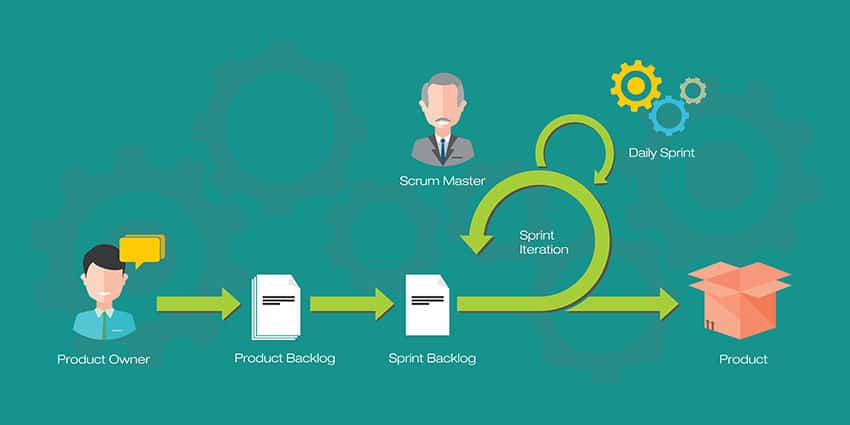Many organizations struggle to create a corporate culture of accountability and personal responsibility.
And in theory, this can be a fantastic way to nurture an environment where employees don’t need external motivators to get the job done in a timely manner — they hold themselves accountable and are intrinsically motivated to get things accomplished. Managers spend less time dangling incentives in front of workers or motivating them through other means, and productivity would remain steady without needing to be constantly monitored.
In practice, this often translates into a corporate version of the blame game. An organization will say, “We hold our employees accountable,” which promotes a culture of punishment and finger pointing. We’re quick to point a finger at an employee, a colleague, a competitor, a process or a variety of other things when issues arise.
But what does an effective culture of accountability really look like? We have a few ideas.
Defining Accountability
What does accountability actually mean? One definition states it is: “The quality or state of being accountable; an obligation or willingness to accept responsibility or account for one’s actions.”
The truly important part of this definition lies in the word “willingness.” Yes, we all know accountability means taking responsibility for your own actions, but you have to be willing to do so. As much as companies may want to shove it down the throat of their employees, accountability can’t be forced.
So how can managers cultivate an environment where workers are voluntarily invested in the idea of accountability?
Own Accountability
As a manager, the buck truly stops with you. As such, employees need to accountability in action. That means managers need to walk the walk and not just talk about this as a high-level concept.
Not only do employees need to see managers being accountable for their own actions, but it helps to see that you don’t always have to be the one to solve issues within the team. Call upon the team to help achieve your desired results. Ask specifically for their wisdom and opinions. Treating them like the valuable resources they are can give them a sense of responsibility in coming up with and implementing solutions to various problems in the organization.
Show Team Members Their Value
In addition to seeing business leadership being accountable, it’s integral for managers to help workers be personally invested in the organization’s desired outcomes. Why is each person a valuable member of the team?
That means linking their jobs and specific tasks with the priorities for the team, department, and/or the organization as a whole. Create an understanding amongst employees about how their jobs add value to the team and how their roles and responsibilities directly result in achieving goals and desired outcomes for the company.
Once managers have created this understanding and established each employee’s value, it’s much easier for them to become more invested in helping the organization reach its targets and take responsibility for their part in getting the team there.






